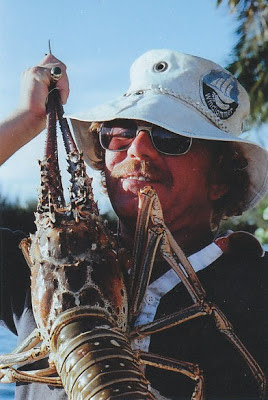He remembered another bit of foolishness
during our early days in the Dominican
Republic
Bondy’s Tale:
 |
| Bondy back then |
Another Brit, Alan Williams, was doing
design work for an expanded airport and had rented a magnificent house
overlooking the ocean on the south coast. Every weekend became a two-day party
at his place.
In aid of these weekly events I flew up to
Miami to buy long-playing records of the then current singing stars—the Stones,
Neil Young, Van Morrison, etc. We discovered that ‘Astral Weeks’ by Van
Morrison was massively popular with the Dominican ladies. Needless to say, it
was played frequently.
Some weeks after my return from Miami
Now a couple of days earlier this same
general had visited the most fashionable restaurant in Santo Domingo and had
shot dead at his table someone he disliked and who had apparently shown a lack
of respect. He did it simply because he could—and walked away. No
questions asked. Nothing more became of the matter.
So he walks uninvited into our party with
his pistol on his belt, helps himself to our rum, chats to some of the girls and
listens to our music. He then decides that ‘Astral Weeks’ should end and we
would have Dominican music instead. Over he goes to the record player, lifts
Van off in mid-song, puts on his own meringue record and returns to his seat.
All of us were shocked at his presumption and rudeness.
Lawson, without missing a beat, marches
over to the record player, lifts the General’s record from the machine and
hurls it—Frisbee-like—across the room and out through the window. He then calmly
replaces Van Morrison and walks back to what he was doing, which was enjoying
some magnificent Dominican rum.
 |
| Me way back then |
There was a moment of stunned silence then the General, although clearly displeased, managed to force something that might have passed for a smile onto his face. He stayed a little longer then left without a word of thanks to his host.
There was a moment of stunned silence then the General, although clearly displeased, managed to force something that might have passed for a smile onto his face. He stayed a little longer then left without a word of thanks to his host.
We all breathed a deep sigh of relief but
refrained from any jubilation lest he hear it and return to round off the week with another shooting. He clearly felt, and possibly admired, Lawson’s temerity. I’ll
never forget that night.
Bondy lends the story the perspective of
a heroic stance of principal faced off against a bullying strongman. But it was
not like that at all. So let me set the record straight.
There was nothing noble attached to the
incident. It was no more than a dangerous combination
of rum, youth and naiveté.






















